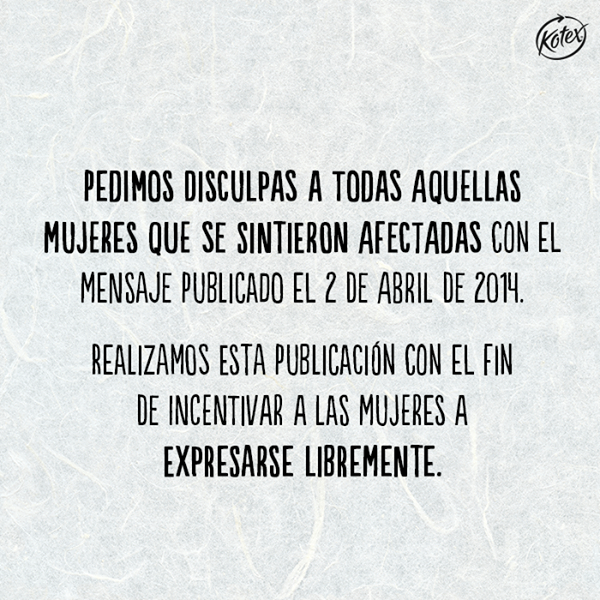 I have seen this bill board in random places along I-95 in south Florida for the past few months. Today I was able to get a picture. I’m sure the marketing people of this company are happy with the double entendre they’ve come up with, and while there is no chesty female in the background, it still seems to me to be inappropriate. I guess we all have a “line” in our frame of reference dividing prudishness from good fun to rude and inconsiderate. For me this crosses that line. What about you?
I have seen this bill board in random places along I-95 in south Florida for the past few months. Today I was able to get a picture. I’m sure the marketing people of this company are happy with the double entendre they’ve come up with, and while there is no chesty female in the background, it still seems to me to be inappropriate. I guess we all have a “line” in our frame of reference dividing prudishness from good fun to rude and inconsiderate. For me this crosses that line. What about you?
– AK
Location: Florida



